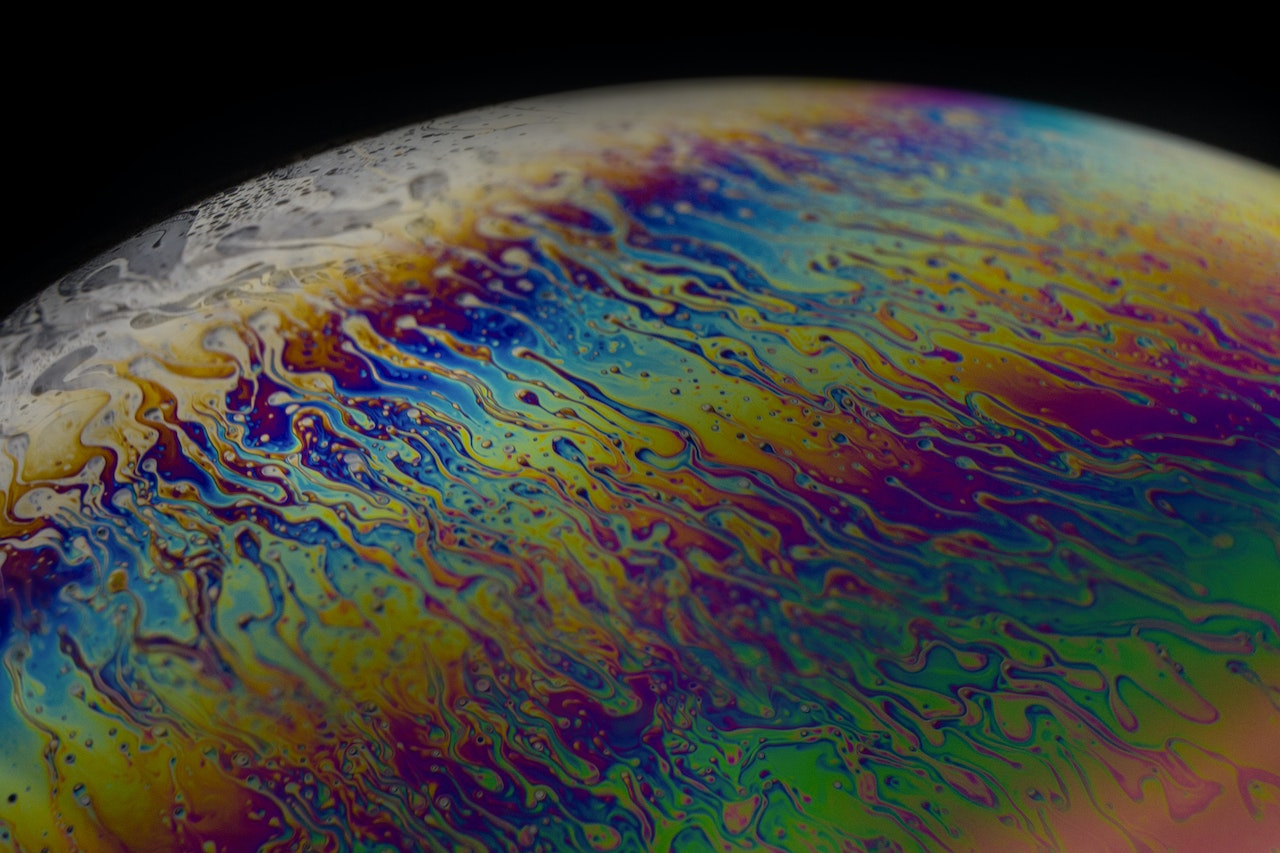Intellectual Perspectives on Oil Trading: Exploring Barrel Brains

Oil, often referred to as “black gold,” has been a cornerstone of the global economy for over a century. Its intricate dynamics, influenced by a myriad of factors ranging from geopolitics to technology, make it a captivating subject. This article will journey through the depths of oil trading, unraveling its complexities. By exploring Oil Profit and using our cutting-edge platform, you can access a world of opportunities and cutting-edge solutions.
The Basics of Oil Trading
Oil isn’t just oil. There are different types, each with its own characteristics. Brent and West Texas Intermediate (WTI) are among the most traded. Brent, sourced from the North Sea, serves as a global benchmark. WTI, on the other hand, is a U.S. crude, noted for its sweet, light properties.
Key hubs like Cushing, Rotterdam, and Singapore play pivotal roles in setting global prices. Here, vast amounts of oil are stored, bought, and sold. These transactions take various forms, from futures contracts, which are agreements to buy or sell oil at a predetermined price on a specific date, to spot trading, where oil is bought and sold for immediate delivery.
The Geopolitics of Oil
The Organization of the Petroleum Exporting Countries (OPEC) cannot be ignored when discussing oil. This consortium of 13 countries coordinates oil production policies to stabilize prices. Their decisions can send shockwaves through the market.
Geopolitical events, such as wars in oil-rich regions or sanctions on oil-producing countries, can lead to abrupt price shifts. The 1973 oil embargo, when OPEC nations ceased shipments to countries supporting Israel in the Yom Kippur War, is a historical testament to this.
The Science and Technology Behind Oil Exploration and Extraction
Finding oil isn’t as simple as drilling a hole in the ground. It starts with seismic surveys that map structures beneath the Earth’s surface. Once a potential reservoir is identified, exploratory drilling commences.
Advancements in technology have revolutionized this process. Enhanced oil recovery (EOR) techniques, for instance, allow for the extraction of oil previously deemed inaccessible. However, with these advancements come environmental challenges. Fracking, which involves injecting liquid at high pressure into subterranean rocks to release oil, has been criticized for its potential to contaminate groundwater.
Price Forecasting and Analytical Tools
Predicting oil prices is more art than science. Traders rely on a mix of fundamental and technical analysis. The former considers macro factors like global supply-demand dynamics, while the latter focuses on price patterns and trends.
Emerging technologies are refining these methods. Artificial Intelligence, with its capacity to analyze vast data sets rapidly, offers predictive insights that were previously unimaginable. Machine learning algorithms can now identify patterns that the human eye might miss.
The Environmental and Ethical Aspects of Oil Trading
The environmental implications of oil are profound. As the world grapples with climate change, the push for renewable energy sources intensifies. This has led to scrutiny of the ethics of investing in oil. Some institutions, for example, have divested from fossil fuels, aiming to promote a greener future.
High-profile disasters, like the Deepwater Horizon oil spill, highlight the environmental risks associated with oil extraction and reinforce the debate around its ethical implications.
Challenges and Risks in Oil Trading
Oil’s price volatility is notorious. Factors from geopolitical tensions to unexpected supply disruptions can cause prices to swing dramatically. The 2020 price crash, exacerbated by the COVID-19 pandemic and a price war between major producers, is a recent example.
To navigate these choppy waters, traders employ risk management strategies. Hedging, using instruments like futures and options to offset potential losses, is a common tactic.
The Future of Oil Trading
While oil remains a dominant energy source, the horizon is changing. Renewable energy, driven by technological innovations and environmental imperatives, is gaining traction. Yet, emerging markets with burgeoning populations and industrial growth present a sustained demand for oil.
The tools of trade are also evolving. Blockchain, for instance, is making inroads into oil trading, offering transparency and efficiency.
Conclusion
The world of oil trading is as vast and deep as the reservoirs from which the commodity is extracted. Its intricacies, shaped by a confluence of science, politics, and economics, demand continuous adaptation from those who venture into its realm. Engaging with resources can provide invaluable insights and guidance for navigating this complex market without the explicit promise of profits. For those willing to delve deep, the rewards, both intellectual and financial, can be profound.








